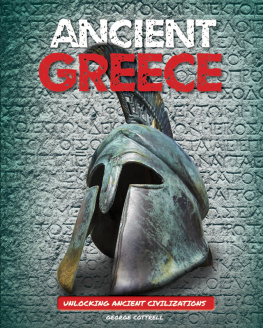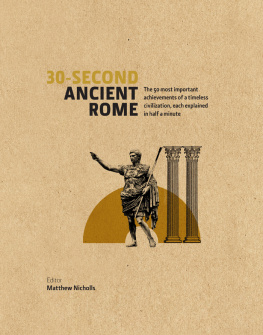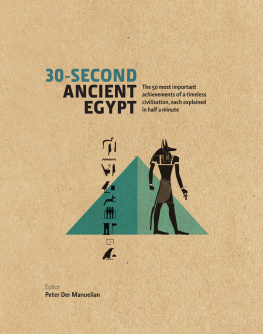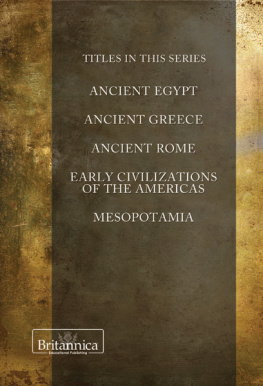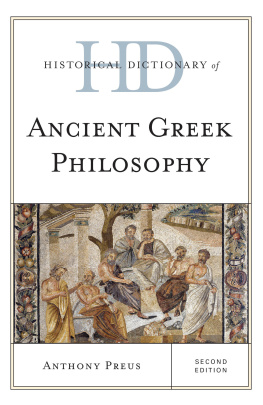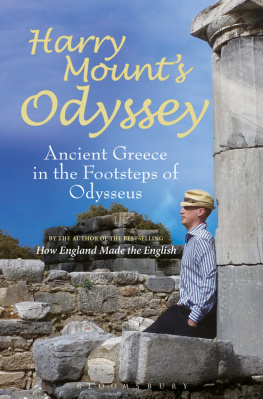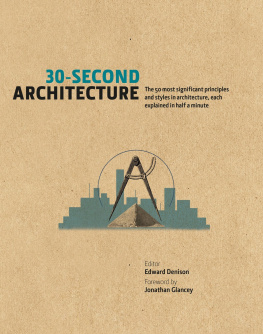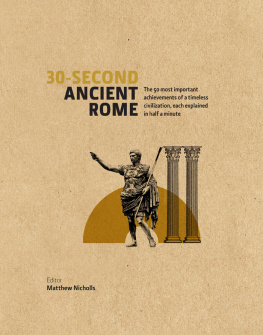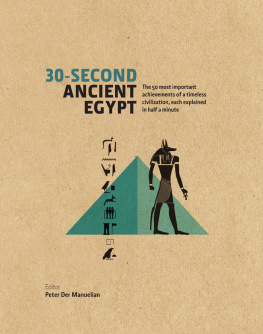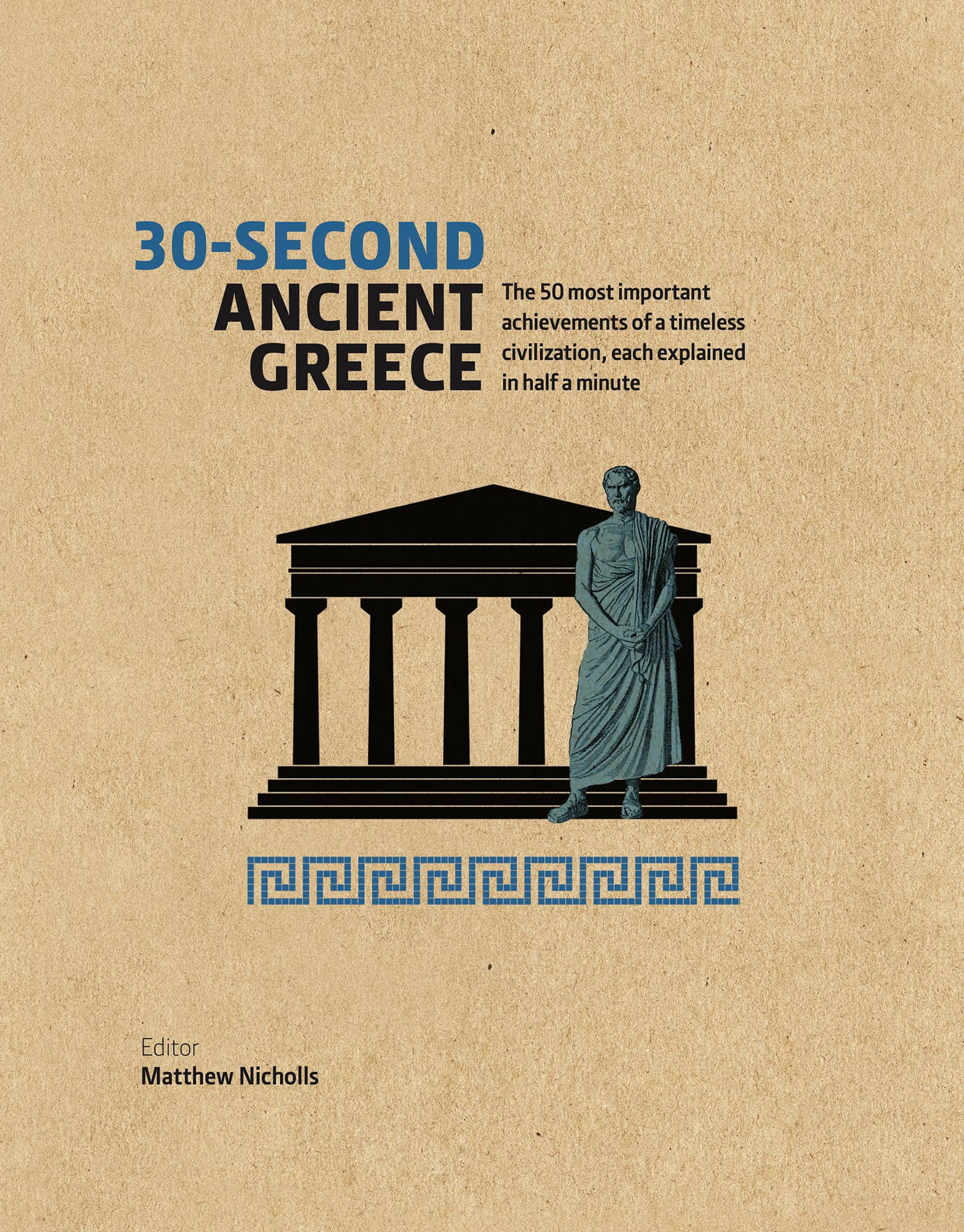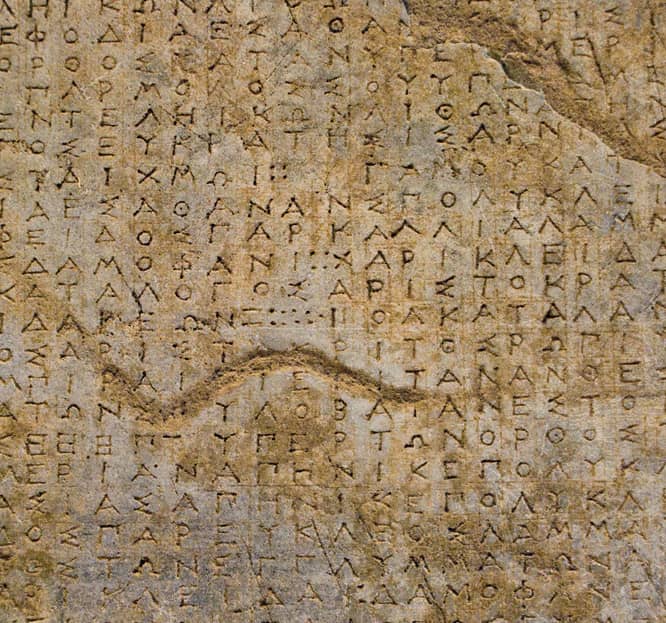Matthew Nicholls - 30-Second Ancient Greece: The 50 Most Important Achievements of a Timeless Civilization, Each Explained in Half a Minute
Here you can read online Matthew Nicholls - 30-Second Ancient Greece: The 50 Most Important Achievements of a Timeless Civilization, Each Explained in Half a Minute full text of the book (entire story) in english for free. Download pdf and epub, get meaning, cover and reviews about this ebook. year: 2016, publisher: Ivy Press, genre: Religion. Description of the work, (preface) as well as reviews are available. Best literature library LitArk.com created for fans of good reading and offers a wide selection of genres:
Romance novel
Science fiction
Adventure
Detective
Science
History
Home and family
Prose
Art
Politics
Computer
Non-fiction
Religion
Business
Children
Humor
Choose a favorite category and find really read worthwhile books. Enjoy immersion in the world of imagination, feel the emotions of the characters or learn something new for yourself, make an fascinating discovery.

- Book:30-Second Ancient Greece: The 50 Most Important Achievements of a Timeless Civilization, Each Explained in Half a Minute
- Author:
- Publisher:Ivy Press
- Genre:
- Year:2016
- Rating:3 / 5
- Favourites:Add to favourites
- Your mark:
30-Second Ancient Greece: The 50 Most Important Achievements of a Timeless Civilization, Each Explained in Half a Minute: summary, description and annotation
We offer to read an annotation, description, summary or preface (depends on what the author of the book "30-Second Ancient Greece: The 50 Most Important Achievements of a Timeless Civilization, Each Explained in Half a Minute" wrote himself). If you haven't found the necessary information about the book — write in the comments, we will try to find it.
The 50 most important achievements of a timeless civilization, each explained in half a minute.
Ancient Greek civilization laid the foundations for so many aspects of modern western life, from architecture to philosophy. But can you recite the Classical orders with confidence (are you sure what an order actually is?), and would you be able to define the key contributions of Socrates, Plato, and Aristotle? 30-Second Ancient Greece offers an engrossing tour of the Hellenic world, appealingly served up in easily absorbed nuggets.
- Presents a unique insight into one of the most creative and influential civilizations, where military might and architectural brilliance flourished;
- From temples and oracles to soldiers and slavery, from beautiful pottery to tragic drama, this is the key to understanding the 50 crucial ideas and innovations that...
Matthew Nicholls: author's other books
Who wrote 30-Second Ancient Greece: The 50 Most Important Achievements of a Timeless Civilization, Each Explained in Half a Minute? Find out the surname, the name of the author of the book and a list of all author's works by series.

